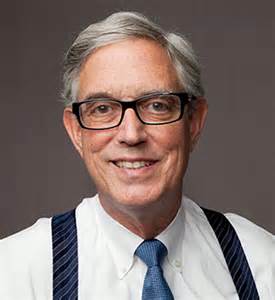A Quote by Ian Brown
Permacultures - where you use the immediate environment to grow food - should be mandatory.
Related Quotes
If you look into the way that materials are used in an ecological system you'll notice that you'll find that there is no waste. The waste of one organism becomes food for another and everything's recycled in an ecological system whereas in our human built environment there's a throughput system. We use something then we throw it away... We have to imitate nature and try to re-use everything we make as human beings or recycle them - when we cannot re-use or recycle them we should try to reintegrate them back into the natural environment.
... these are the two factors that lead to the destruction of our environment: money and time-or to say it another way, greed and haste. The question is, or seems to be, are we going to have an immediate profit and an immediate saving of time, or are we going to do what we really should do as God's children?
The aim of education should not be to teach how to use human energies to improve the environment, for we are finally beginning to realize that the cornerstone of education is the development of the human personality, and that in this regard education is of immediate importance for the salvation of mankind.
Mandatory minimum sentences give no discretion to judges about the amount of time that the person should receive once a guilty verdict is rendered. Harsh mandatory minimum sentences for drug offenses were passed by Congress in the 1980s as part of the war on drugs and the "get tough" movement, sentences that have helped to fuel our nation's prison boom and have also greatly aggravated racial disparities, particularly in the application of mandatory minimum sentences for crack cocaine.
To argue that we need some technology in order to produce food to tackle hunger is completely blind to the facts on the ground. Actually, what we need is the exact opposite of what GMOs give us. We have to empower farmers to grow food for themselves and plant and grow their own seeds and use practices to deal with weeds and the need for fertility, not from purchased products like a seed or a chemical, but from their own farms, from their own knowledge and skill sets.
When you have a food safety system that's voluntary and not mandatory, you're in a situation in which everybody wants everybody else to go first. So as a normal course of doing business, food companies cut corners and don't want to take the kind of trouble and the kind of testing and the kind of careful procedures that are required to produce the safe food because they don't have to.



































